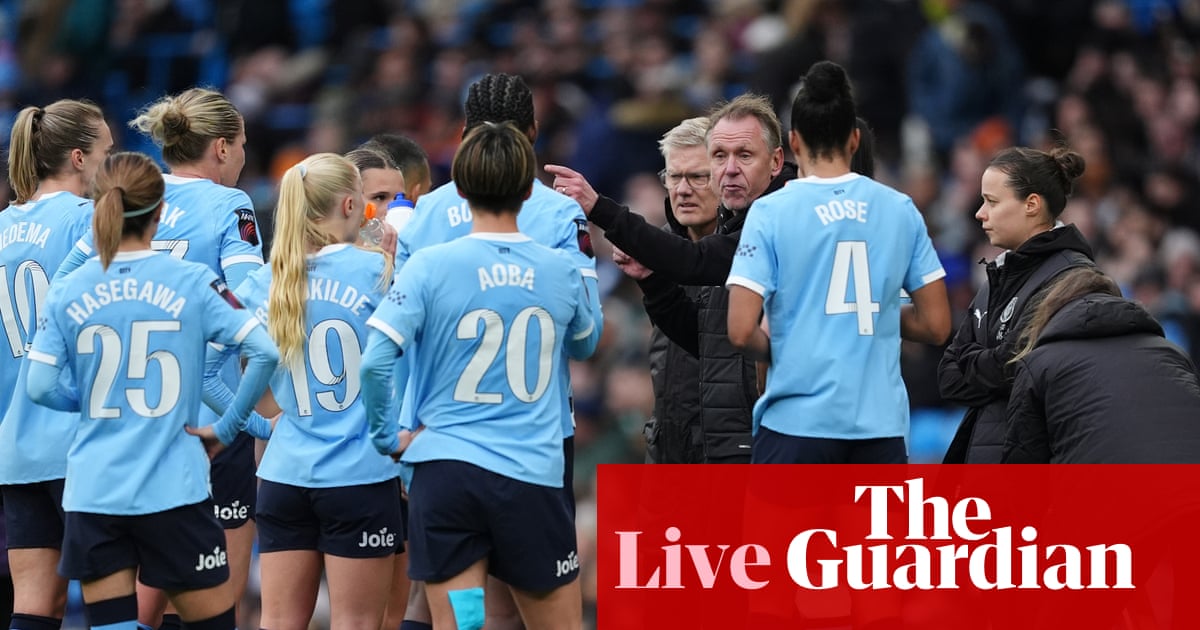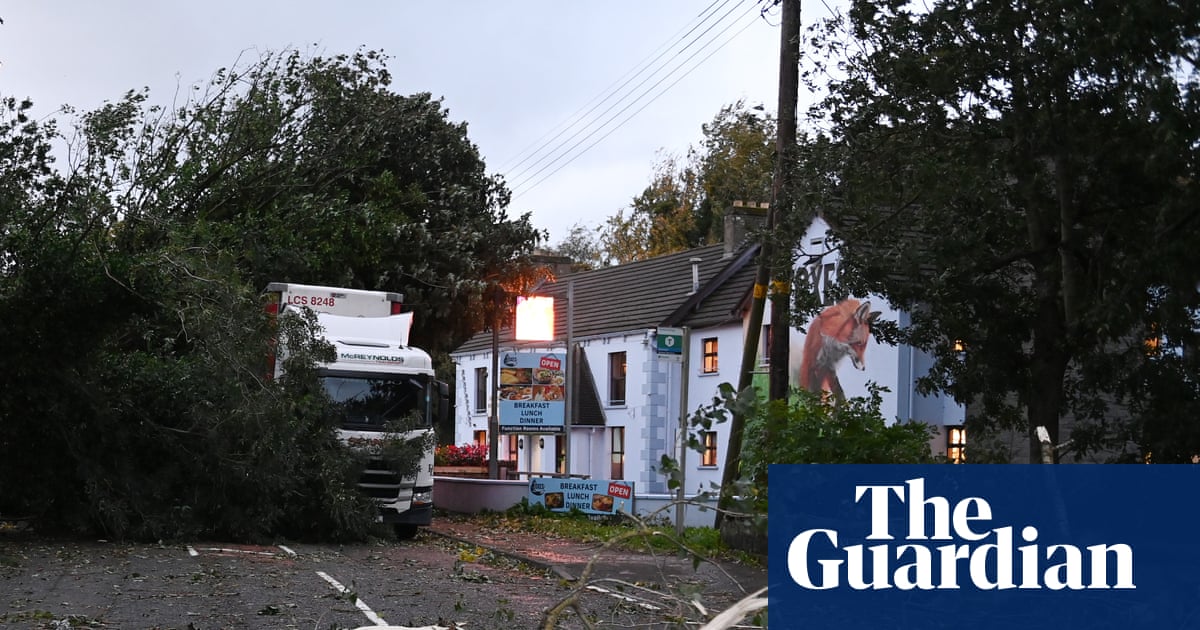Several historic things have just happened at once in Wales. Plaid Cymru won in the Caerphilly byelection for our Senedd, with almost 50% of the vote. Reform lost. Labour collapsed. Each of those things means something significant for Wales, but it also carries valuable lessons for the rest of Britain. The message for Labour ought to be clear: standing up to the far-right can win elections.
Labour has been the largest party in Wales for over 100 years, leading the Welsh government since the start of devolution in 1999. It won the Caerphilly seat in 2021 with 46% of the vote. Four years later, it has ended up with just 11%. The drop is startling, but to make matters worse, under the new Senedd election system that will be introduced in May 2026, 11% is roughly the level where parties can be totally wiped out.
The system is proportional, but it brutally punishes smaller parties that slip beneath the 11% threshold. It seems Labour never imagined it would be this small.
Given the huge challenges this system has created for Labour, one might hope its UK leader would provide, well, leadership. Yet at no point in the entire byelection campaign did Keir Starmer visit the constituency. Labour has enjoyed more than 100 years of electoral success in Wales, and Welsh Labour has been hailed as the democratic world’s “most successful election-winning machine.” At a time when Starmer risks being the first Labour leader to lose Wales, the prime minister either felt he would be an electoral liability or he wasn’t bothered to show up. Either way, this helped to seal the party’s fate.
UK Labour have long taken Wales, the most stable brick in its red wall, for granted. Yet the party’s support has been crumbling for years, without it even realising. In the aftermath of the result I have heard Labour people talk about the need for a change of messaging, for the party to become more critical of Plaid’s stance on Welsh independence, for instance, or to differentiate Welsh Labour from UK Labour. While this is undoubtedly needed it misses the fundamental issue here – that for a very long time Welsh Labour has ceased to be visibly improving the lives of people in Wales.
Forget changing messaging. Labour controls the Welsh and UK parliaments. It will never be better equipped than it is right now to make change. It should be making meaningful change in the present, by bringing down NHS waiting lists in Wales so they’re level with those in England, or giving Wales the funds it has lost as a result of HS2.
Then we have Reform. I was at the count last night. Reform supporters came in like princelings heading to a collective coronation. The bookies certainly backed them. As the polls closed, a £10 bet on a Reform win would have bagged you a tidy £2.50 profit. But within an hour, it became very clear that Plaid Cymru knew it had this in the bag. Reform’s candidate Llyr Powell (who Farage calls “Welsh Dave” because he seemingly struggles with Llyr) struck a sad figure. Farage himself, who had been in Caerphilly all day seemingly to celebrate Welsh Dave’s victory, was nowhere to be seen at the count itself.
Reform threw a huge amount of resources at this byelection. Llyr Powell told me that his party was calling Wales “ground zero” and was excited to show favoured journalists reams of constituency data displayed on screens in the office that it was using to target its campaign.
Even though Caerphilly has the lowest rates of immigration among Wales’ 22 local authorities (over 97% of people there were born in the UK), Reform still put asylum and immigration at the heart of its campaign. It lamented the Welsh government’s “nation of sanctuary” policy, which is overwhelmingly targeted at helping Ukraine refugees and takes up just 0.038% of the Welsh government’s budget. This was hardly a winning strategy (Reform finished up with 36% of the vote compared to Plaid’s 47%). The party was also betting that it would get significant turnout from politically disengaged voters. The problem is that those voters sometimes live up to their name.
By contrast, Plaid Cymru did well for a variety of reasons. It had a strong local candidate who had been a local councillor for 50 years and successfully pushed the narrative that it was the way to stop Reform. But perhaps its biggest selling point was its unequivocal opposition to, and rejection of, all that Reform has stood for. Whereas Keir Starmer’s UK Labour has seemingly tried to woo Reform voters who are simply never coming back by accepting the premise of Nigel Farage’s positions, Rhun ap Iorwerth, Plaid’s leader, has been unequivocal in his rejection of this ideology, saying that the real problem isn’t immigration, but the government’s refusal to properly target billionaires.
In general Welsh people sit to the left of the centre. Some 60% of votes cast in the Caerphilly byelection were for left-of-centre parties: Plaid, Labour, the Greens and Lib Dems. Many of these voters are utterly terrified about the rise of the extreme right. Plaid portrayed itself as a bulwark against this, but it also did something that Labour failed to do and made this opposition a central part of its identity. Starmer has never quite managed to see Reform down with the gusto that is required.
But the true battle for Wales isn’t in Caerphilly. It will take place in May next year when all of Wales is up for grabs in the Senedd elections. It’s unlikely that Reform will be able to win a majority (having a proportional system to keep out extremists is another valuable lesson to be learned from this byelection). But even if Reform does the same as it did last night, it will end up with about 30 members of the Senedd, each with four members of staff. This is an immense amount of publicly funded resources to target a forthcoming UK election. Caerphilly has shown that Reform can be beaten. The rest of UK desperately needs to learn the lessons from what transpired in south Wales last night.
-
Will Hayward is a Guardian columnist. He publishes a regular newsletter on Welsh politics and is the author of Independent Nation: Should Wales Leave the UK?

 3 months ago
71
3 months ago
71

















































